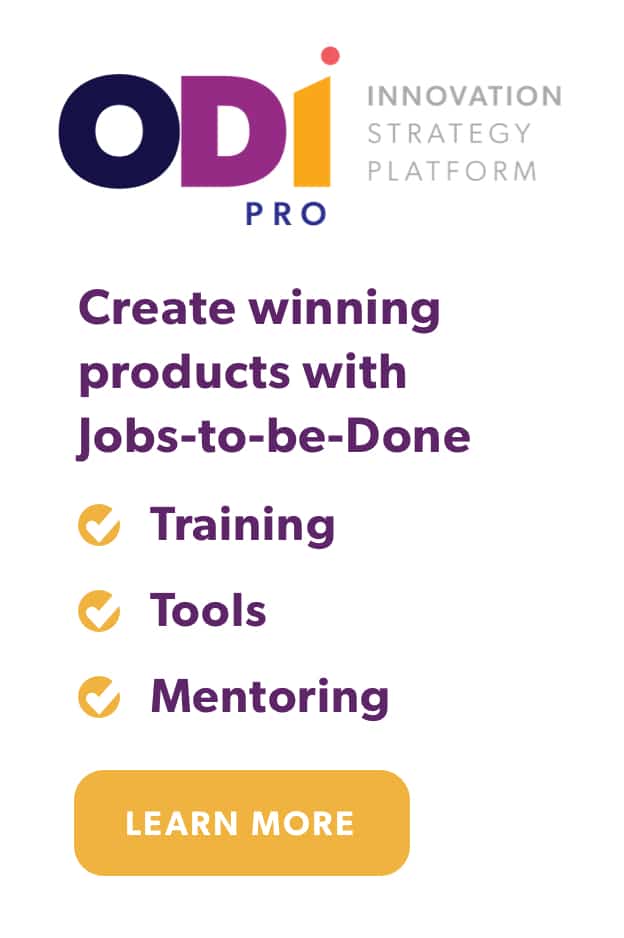Companies are often taken by surprise and even go out of business when a core market they are serving dramatically declines or disappears–yet nearly all markets do. But companies don’t need to be helpless victims of circumstance. They can prepare for this inevitability. It begins with the way they think about a market in the first place.
Most companies see markets from a product-centric perspective. This means they define a market in terms of the product they are selling (let’s say cameras) or the technology used in a product (such as memory cards). So how does this lead them astray?
All products will at some point be a thing of the past. Vinyl records and cassettes gave way to to CDs and MP3s, but those formats too will fade one day. The reason for the turnover is simple: people do not want CDs or MP3s any more than they want cassettes or records. What they want is to store music. Storing music is the “job” they are trying to get done. The reason markets exist in the first place is because people are trying to get a job done. They acquire products and services with a job in mind. This means that instead of thinking of markets in terms of products or technologies, companies are better off thinking of markets in terms of customers and jobs.
Given this perspective, it makes sense to define a market as “a group of job executors and the job they are trying to get done.” For example, carpenters (job executors) who are trying to cut a piece of wood in a straight line (the job) constitute a market. So do interventional cardiologists (jobs executors) who are trying to restore blood flow to an artery (the job).
Understanding the underlying job to be done is the first step to staying in business as products and technologies evolve because although products and technologies come and go, the underlying job will stay the same for a long time to come–it is a stable target. It makes sense, then, to make the job the unit of analysis.
But here is what most people don’t get: defining the job to be done is only the first step to market longevity. By itself, it’s not enough. Bosch knew that carpenters wanted to cut a piece of wood in a straight line, but what the company also needed to know, in order to create value-adding innovations, was how the carpenters measured the successful execution of the job.
Through hundreds of studies, we have come to recognize that customers use between 50 and 150 metrics to define the successful execution of any job. These metrics, or desired outcomes, as we call them, are the customer’s needs. Knowing these desired outcomes is the key to a long-term future in a market. These metrics point out with precision where and by how much a market is underserved. And because the metrics are also stable over time, they are the perfect long-term focal point around which to create customer value. This is the cornerstone of our innovation process, Outcome-Driven Innovation (ODI).
Thinking about markets from this perspective, a company can more accurately determine which products to create, which technologies to invest in, and where to focus R&D efforts. It can also accurately assess threats of disruption.
The goal of any business should be to help their customers get a job done better. This means making the right investments in new ideas and technology. This is the goal of innovation and the key to growth and longevity in a market. Products come and go; markets last a lifetime. Don’t become obsolete in your market.



